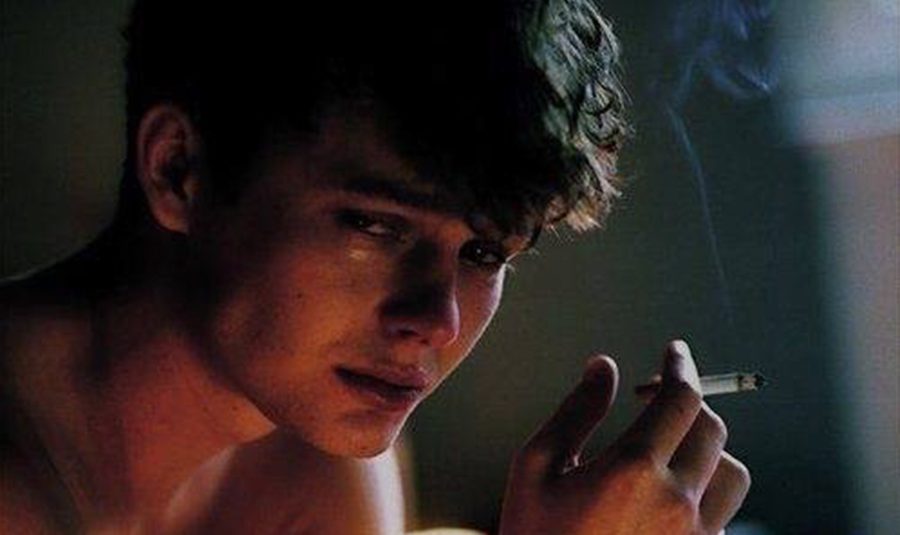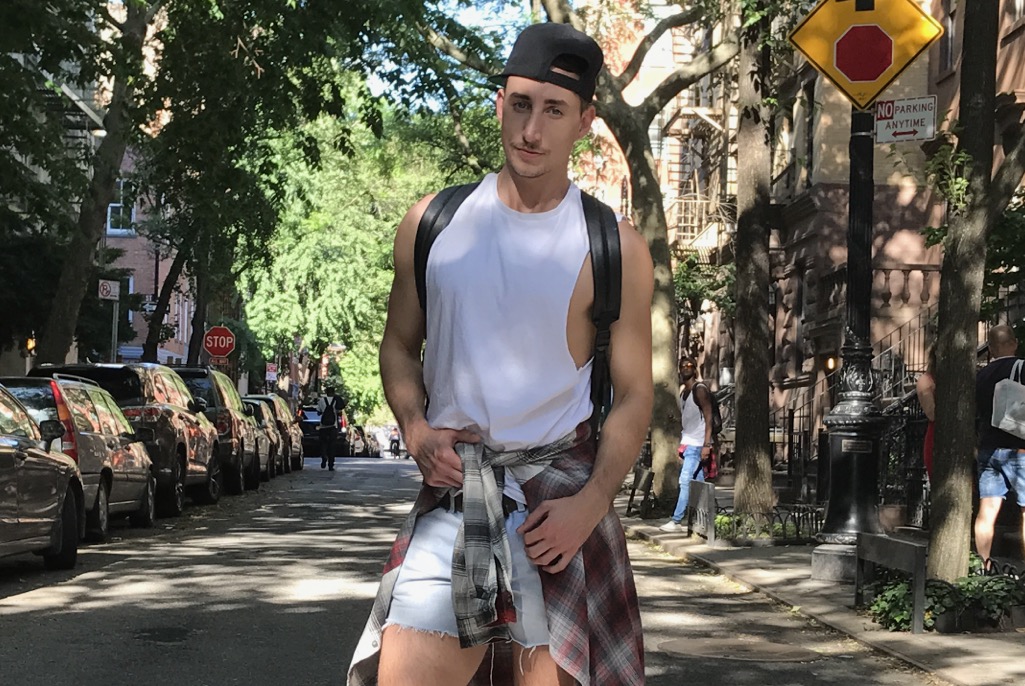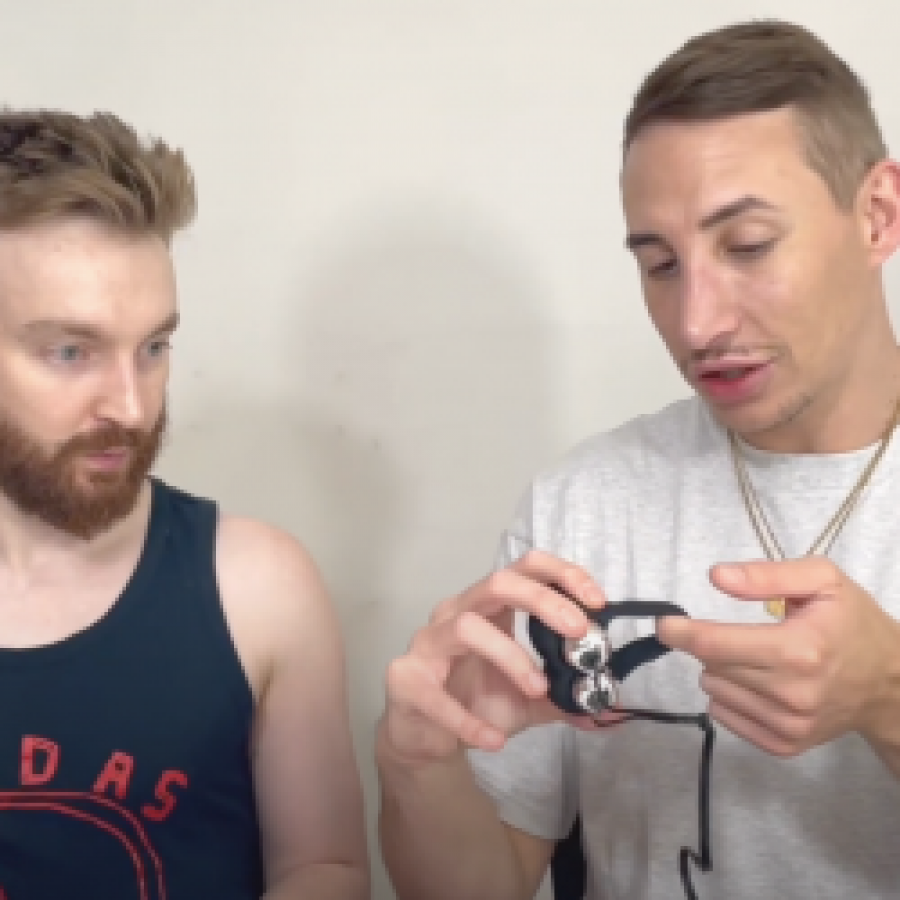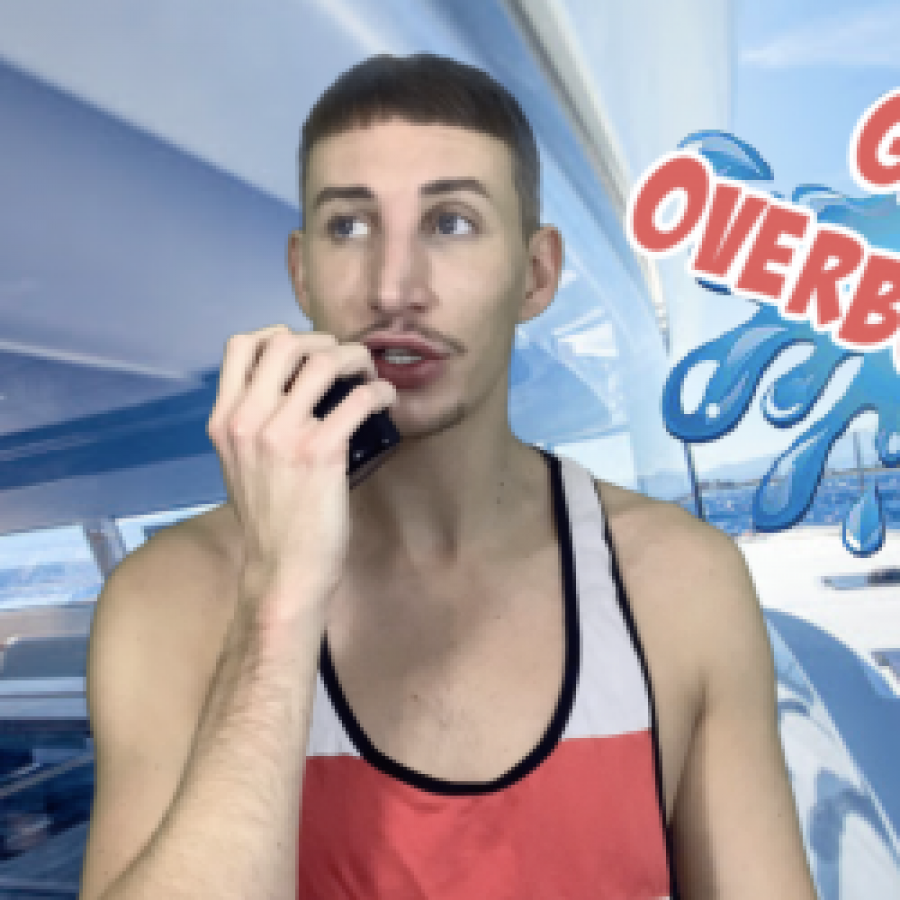A huge part of ensuring that our mental health is relatively well is loving ourselves; most of us know that by now, and yet still most of us don’t. Partly because it’s not the easiest thing to do: especially as part of the gay community, where our chances of poor mental health are three times higher.
So many of us are already born with a self-love deficit because we weren’t shown enough love growing up; both by the those close to us, and the wider hetero world as a whole. Tom Daley and Will Young have both spoken out recently about their feelings of “inferiority” growing up gay; as a minority, we’re highly susceptible to it.
But when we finally come out, there’s a weight lifted. A sense of freedom. We can finally be who we are, and be accepted for that… or can we? You might think that even with nothing else in common, gay people who share that painful experience would use this as a mutual ground to bond, or at least to support each other – but we don’t.
[RELATED: Bridesmaid Syndrome: The Curse of Always Feeling Second Best]
We judge each other’s outfits and behaviour. We disregard others when they don’t fit certain shallow criteria. Without even pausing to consider that person’s story, let alone express an ounce of compassion for it.
Honestly, I used to love being gay. There would be masc4masc gays moaning “my sexuality doesn’t define me”, while I went out in the skimpiest, campest of outfits and had the time of my life. To a certain extent, being gay did define me – because I was finally allowed to be who I wanted.
I don’t dislike being gay now by any means, but it’s definitely harder to be happy. The drastic increase of subconscious commitmentphobia spurred by the instantaneous nature of hook-up apps makes it even harder to find love, and perhaps more importantly – friends, while cliques and tribes define who is welcome (or at least feels comfortable) in our own venues.
Grindr and circuit parties encourage drug-taking when gay people are already more likely to develop addictions because loneliness, poor mental health and body issues can leave us wanting to hit the self-destruct button. And then when people fall into the well-laid trap, they’d labelled, judged and blamed entirely for their decisions. Surely we must all take on responsibility for our own actions, but it would be ignorant to ignore what caused them to begin with.
Sex isn’t something we should be ashamed of, but the sex-positive modernity which currently exists can leave us unhealthily sex-focused. To the point where men are body-shamed because they don’t comply with what another deems attractive.
We’re all too easily allured by men who – quite simply – undress. Leaving so many of us hopeless that anybody is looking for anything deeper, and spurring even more of us to comply in order to obtain the love and acceptance we’re still searching for.
[RELATED: Beer Mats Raising Awareness of Men’s Mental Health go Viral]
Femme gays suffer at the entitlement and privilege of masculine gays, while they defend their opinions as ‘preferences’, without realizing they can fancy who they like without being exclusive of others, or a complete bitch.
Without the ease of making friends, forming relationships, and having somewhere that we feel we belong – all while being judged for the way we look, or the rabbit hole of promiscuity and drugs that we’ve fallen down, to deal with a substantial lack of love to begin with – is it really any wonder that we struggle to love ourselves and are three times more likely to have poorer mental health?
This isn’t a hate-piece, because as the rocky political road we’re on proves, we can – and often do – show our unity: the vigil gatherings after the Orlando massacre, the protests regarding gay purges in Chechnya, and more recently, when it came to dragging Eminem for use of the word ‘faggot’.
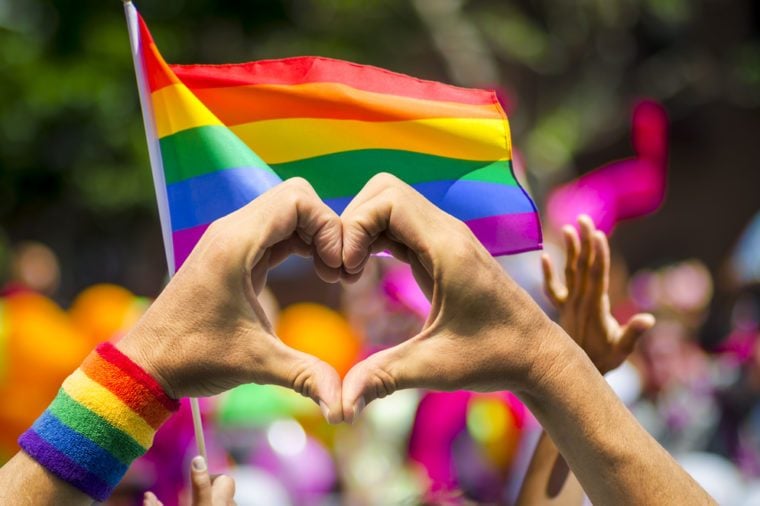
But it shouldn’t take an international tragedy or a celeb’s gay slur for this to happen; we need to express more compassion for one another on a daily basis. Though, of course, we don’t have to be friends with every gay person we meet; just like heterosexual people, some gay people are likeable, and others are not.
There are an abundance of issues in our society, and I can’t fix them all – even writing this piece I’m conscious of the things that I’m also guilty of – but if we can take a moment to look at our own behaviours, while being less dismissive of other’s, we can perhaps make a small start into infusing more love – and indeed self-love – into our community.


